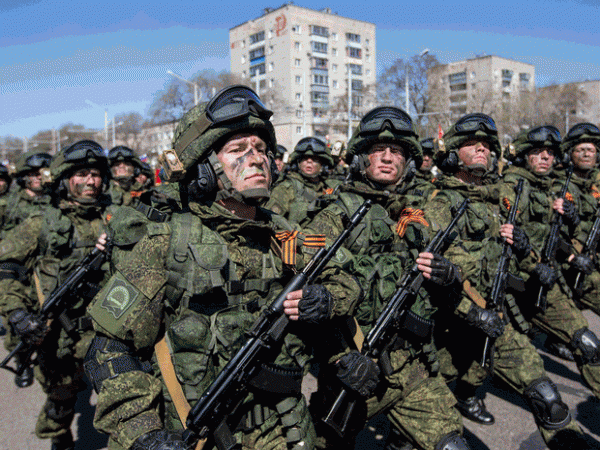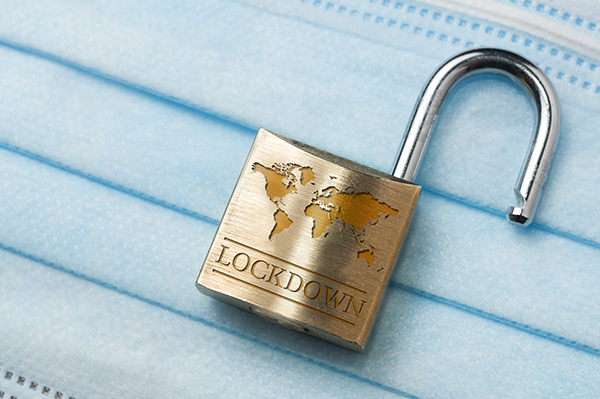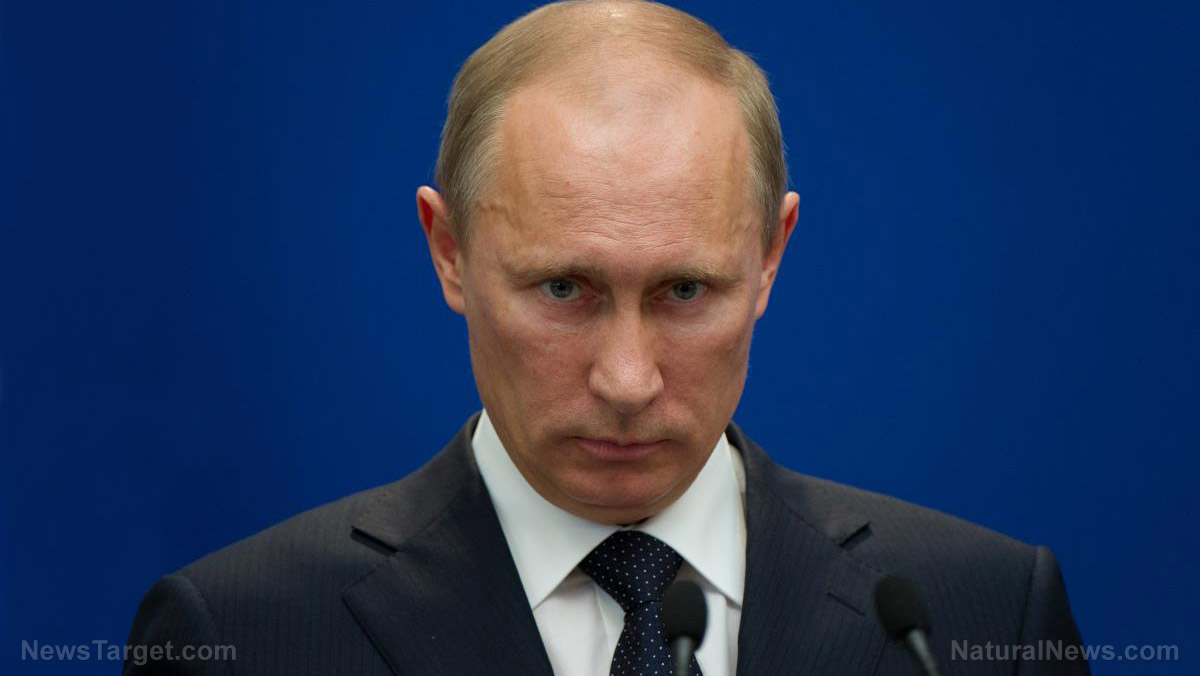 Parler
Parler Gab
Gab
Is this the end of metal production in Europe?
Up until now, the assumption has been that this is all temporary. Western media outlets say Putin can only last so much longer and that eventually everything will get back to "normal." Meanwhile, the "green" energy transition has proven to be even more disastrous for countries trying to wait out the pain. Some have had to restart their "dirty" energy industries in order to keep the lights on. By the looks of things, Europe as we currently know it will not survive on the current trajectory. It would need to abandon the sanctions, fire back up the coal and gas plants, and once again become energy independent. Even then it might not save Europe's heavy industries which, once shut down, are very difficult to start back up again. "... the continent might never again have access to the cheap Russian gas that helped it compete with the resource-rich U.S. and offset high labor costs, rigid employment rules and stringent environmental regulations," write the WSJ's Joe Wallace, David Uberti, Georgi Kantchev, and William Boston. Before energy prices started to go crazy last year, Slovalco was paying about $45 per megawatt-hour (MWh) of electricity. In late August, that same MWh or electricity hit about $1,000 across Europe, a more than 2,200 percent increase. Keeping an energy-intensive business alive in such a volatile climate is an economic impossibility, and Slovalco knows it. "The volatility of the price of electricity these days – it's crazy," says Milan Veselý, who has worked his entire life at Slovalco. "This is probably the end of metal production in Europe. This is the way we are actually killing industry." The company did not even attempt to renew its power contract for 2023, which at recent peak prices would have cost $2.5 billion. With only an aluminum recycling component left to its business, Slovalco recently had to let go 67 percent of its workforce. "We need immediate emergency aid now, otherwise we are threatened with de-industrialization in Germany," added Franziska Erdle, general manager of WV Metalle, another major metal producer in Europe. As the West falls apart due to rampant corruption and idiocy, we will keep you up to date with the latest at Collapse.news. Sources for this article include: WSJ.com NaturalNews.comTo avoid margin calls, European energy companies need $1.5 trillion
By Ethan Huff // Share
First it was covid lockdowns, next it’ll be “climate change lockdowns”
By Ethan Huff // Share
Clear and present danger: Putin warns NUCLEAR WAR is definitely coming
By Mary Villareal // Share
Economic collapse has arrived in Germany. Will the U.S. be close behind?
By News Editors // Share
Another oil refinery, in Ohio, catches fire and has to be shut down
By Ethan Huff // Share
Governments continue to obscure COVID-19 vaccine data amid rising concerns over excess deaths
By patricklewis // Share
Tech giant Microsoft backs EXTINCTION with its support of carbon capture programs
By ramontomeydw // Share
Germany to resume arms exports to Israel despite repeated ceasefire violations
By isabelle // Share










